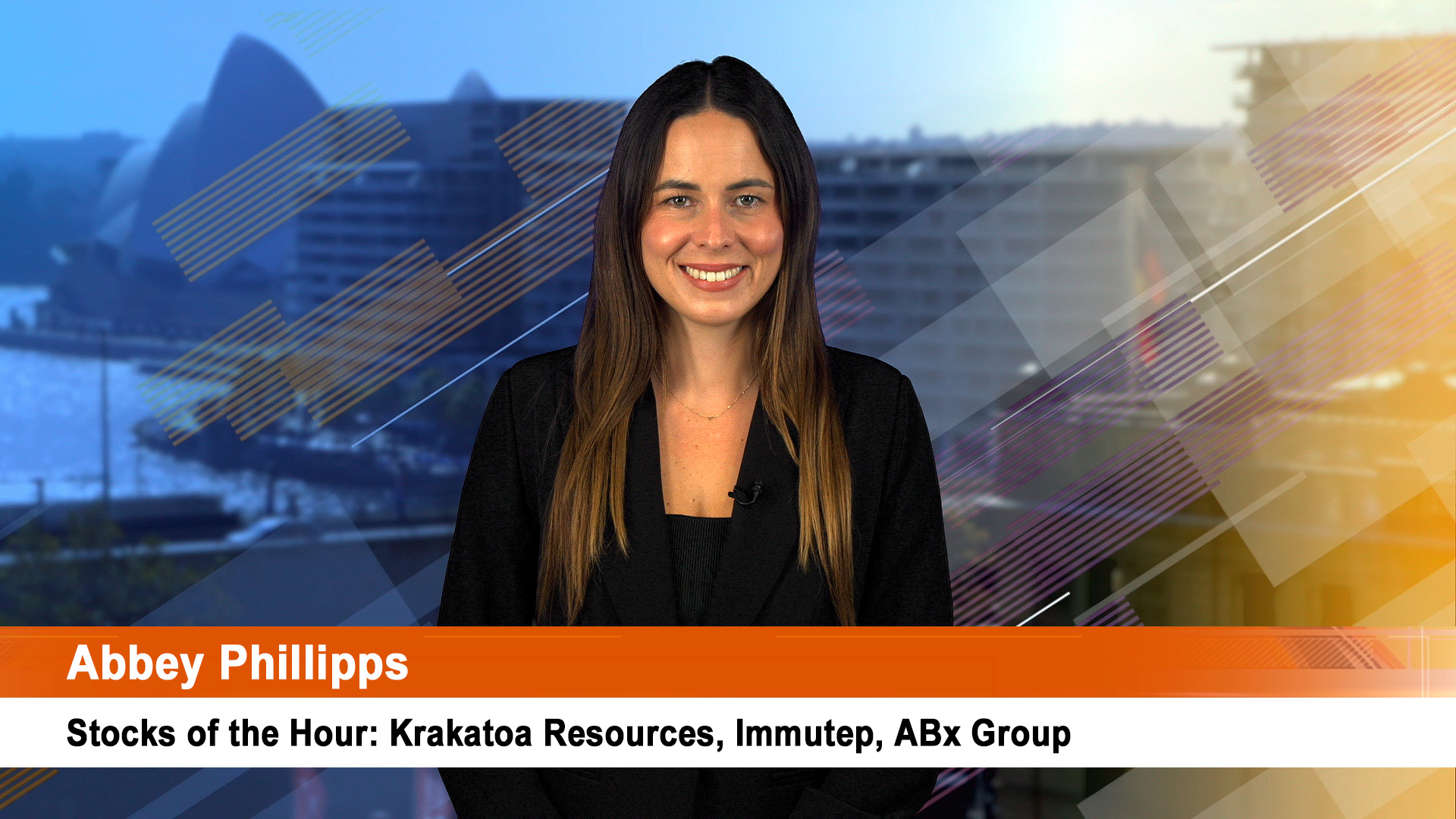After the general election at the weekend, Malaysia is now in uncharted territory, with the government facing real opposition for the first time since 1969, when the National Front was denied a two-thirds supermajority in parliament.
It’s a turning point just like the 1969 poll whose bloody aftermath saw Malaysian politics change dramatically. Now South East Asia’s third largest economy is off on a new direction.
Relations with its neighbours in Singapore, Indonesia and especially Thailand will be watched. Thailand is increasingly sensitive because of the Islamic revolt in its southern provinces bordering Malaysia, which has been boosted by heavy-handed military action.
A strongly Islamic party controls four states and is now a major force in the opposition in Malaysia.
The ruling National Front coalition’s worst-ever performance will force Prime Minister Abdullah Ahmad Badawi to face Anwar Ibrahim, the former senior National front politician (and one time heir apparent to the Prime Ministership) who has staged an amazing come-back after the Government jailed him and tried to blacken his reputation with sex charges and other allegations.
Although he is banned from leading a political party until later in the year, he has had the last laugh on his former colleagues, especially former Prime Minister Mathathir Mohamad. He now heads an opposition group which controls five states and has a significant national voice that can’t be silenced by altering the Constitution or by using strong arm national security methods to attack and silence dissent.
The opposition campaign against the pro-Malay race rules that put ethnic Chinese and Indians at a disadvantage economically, in education and culturally.
The opposition parties, including the Islamist PAS group, which won four states, also wants to increase aid for the poor and fight corruption.
One of the first moves by the opposition parties was to announce plans to drop race rules in Selangor, which will increase pressure for change in Kuala Lumpur itself.
Malaysian commentators now say that Anwar is positioned to become prime minister eventually. They said the result wasn’t so much a vote for Anwar, more an anti-Government backlash.
After winning 91% of the legislature in the 2004 election, the National Front won just 63% at the weekend, worse than the 1969 performance by three percentage points. In the new parliament, the National Front will have 140 of the 222 seats.
The opposition consists of Anwar’s broad People’s Justice Party (called Keadilan, which includes all ethnic groups), the Chinese based Democratic Action party and the Pan Malaysian Islamic Party (PAS) which won the remaining 82 seats, up from 19. The election results revealed significant losses for Indian and Chinese leaders in the Malay-dominated National Front government.
The opposition parties — Anwar’s group, the Chinese-based Democratic Action Party (DAP) and the Islamic party PAS — won an unprecedented four states in the polls.
PAS also extended its margin in northern Kelantan state, which it already held by a thin majority.
PAS would appoint chief ministers in Kedah and Perak while a DAP figure will preside in Penang and a Keadilan chief minister will run Selangor.
As well, the most important state in the country, Selangor, which surrounded the capital Kuala Lumpur, fell to the opposition, a move that will increase tensions between the government and its opponents.
The result has seen a splintering of the front comprised of political groups representing Malays, Chinese and Indian groups.
The loss in Selangor is especially important as it sees the near city (what) Malays rejecting their former leaders who now depend on rural Malays and others for their support.
The post 1969 poll period saw violent clashes between the Chinese opposition groups which was celebrating the election result and Malays who objected.
Hundreds died in the clashes and prompted the government to impose pro-Malay preferences, while political control was gradually extended in the name of national unity, with strong political controls, a crushing of any dissent through legal moves, and around 40 amendments to the constitution to further entrench the Malay dominated administration.
A generation of powerful and increasingly xenophobic Malay politicians and their business and cultural cronies came to power and the latest result is as much a rejection of that as anything else.
But in contrast to 1969 there were no celebrations, and victory parades were banned: but regardless of how the result is marked, Malaysia’s political complexion has been changed, and there will be no going back to 1969.
The result has had the predicted impact on the stockmarket and the currency, the ringgit. It fell by more than 1% the biggest fall for a year, while the stockmarket shed 7.7%, its biggest fall in a decade.













